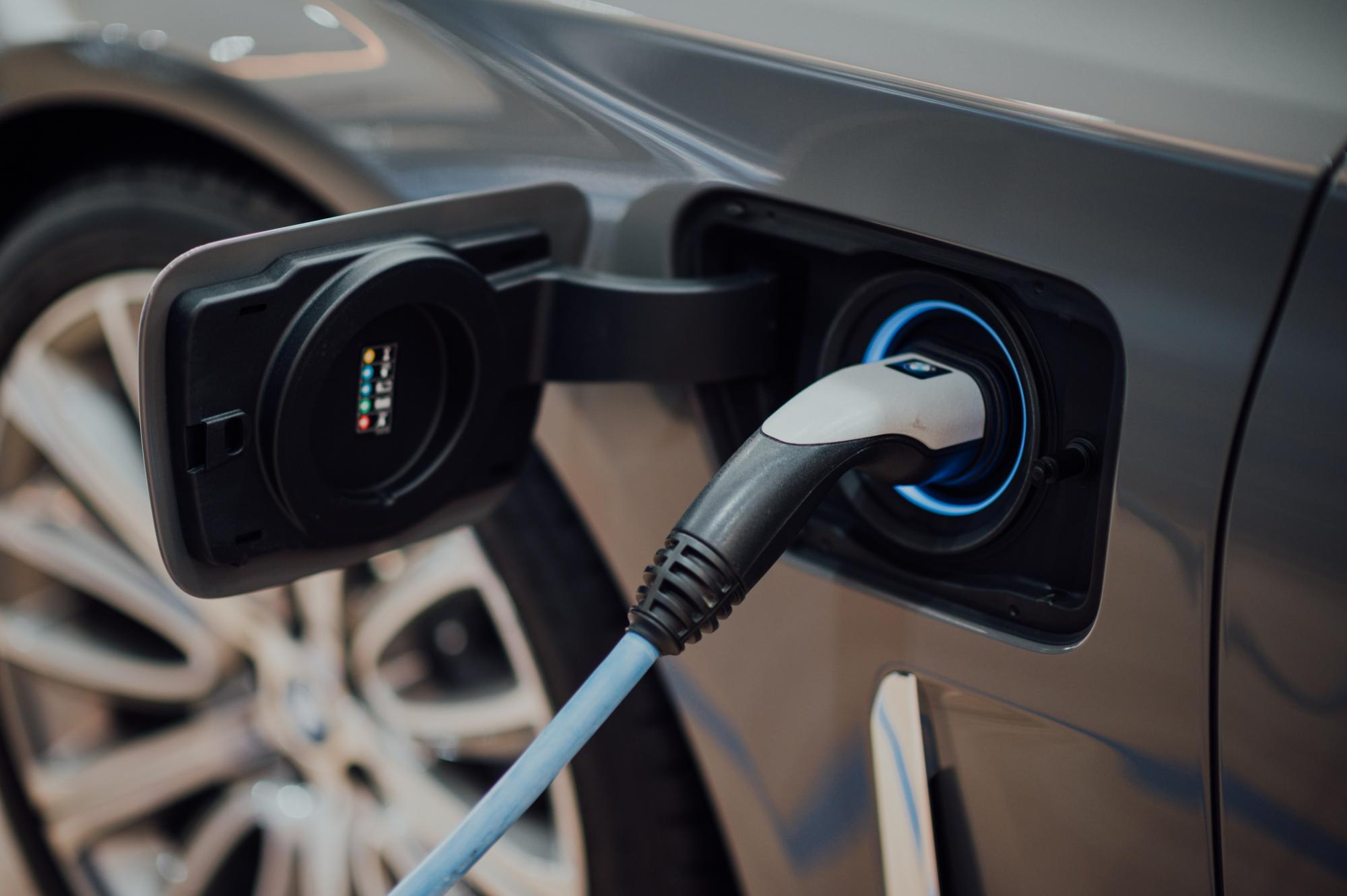Visa Stock Analysis: Is Visa a Strong Opportunity Ahead of Q4 Earnings?
$325.48
28 Jan 2026, 19:25

Unsplash.com

According to their most recent earnings filings, Lucid Group Inc. and Rivian Automotive Inc. are losing hundreds of thousands of dollars every time they sell an electric vehicle because of the prohibitive costs of raw materials and manufacture.
Quarterly reports from electric vehicle (EV) manufacturers over the previous two weeks reveal them having difficulty meeting delivery targets and quickly depleting their financial resources.
In the July-September quarter, Lucid's cost of revenue increased to $492.5 million from $3.3 million a year earlier, and its losses increased as consumers cancelled orders due to concerns about long wait periods.
The company’s market value decreased by two-thirds this year to approximately $20 billion from $95 billion at its peak in November 2021. The company went public a little over a year ago and is supported by Saudi Arabia's Public Investment Fund.
It claims to have enough cash on hand to go at least through the fourth quarter of next year and is aiming to raise $1.5 billion through the selling of shares. After the results, its stock price fell 17% before recovering some of those losses in the following two sessions to close Friday's trading down 4.4% from the previous day.
Arrival SA, a British company with a U.S. stock exchange listing, issued a warning last week that it would run out of money by the end of the year and would have to lay off employees. Mass production of it has not yet begun.
President of Arrival SA stated, “I'm not going to sit here and tell you it's not a difficult time.” He continued with, “it's tough, we are there every day, every night, working on technologies, the vehicles and also the capital raising.”
Cash Is King
Due to rising inflation and worldwide supply chain instability, many EV companies reported enormous losses in the third quarter and issued a warning that high prices would continue to be an issue. Due to the success of Tesla, which is currently the most valuable automaker in the world, several listed their stocks at overpriced valuations just one year prior.
Tesla overcame supply shortages via battery agreements with important suppliers, ramping up production for the wildly successful Model 3, and surviving what company leader Elon Musk at the time called "production hell."
However, the company experienced such difficulties at a period when it was essentially the only manufacturer of pure-play electric vehicles and competition from established automakers like General Motors and Volkswagen was just starting.
According to analysts, these businesses (Rivian and Lucid) need to find ways to cut costs if they wish to survive a weak economy. Companies are using various strategies, while Lucid is exploring it as a possibility, Rivian is switching more automobile deliveries across the United States to rail freight. However, some are more likely to survive than others.
At the end of September, Rivian, which is backed by Amazon.com and Ford Motor, had $13.8 billion in cash on hand.
Additionally, it has an agreement with Amazon to provide 100,000 electric delivery vans.
However, CFRA calculated that its cost of goods sold was roughly $220,000 per car as opposed to an average selling price of $81,000 in the quarter.
Canaccord's Gianarikas commented that there may be examples here from the ‘90s dotcom bubble: “It wasn't always the company with the best business plan that made it. It was the company with the best balance sheet.”
(Sources: investing.com, reuters.com)